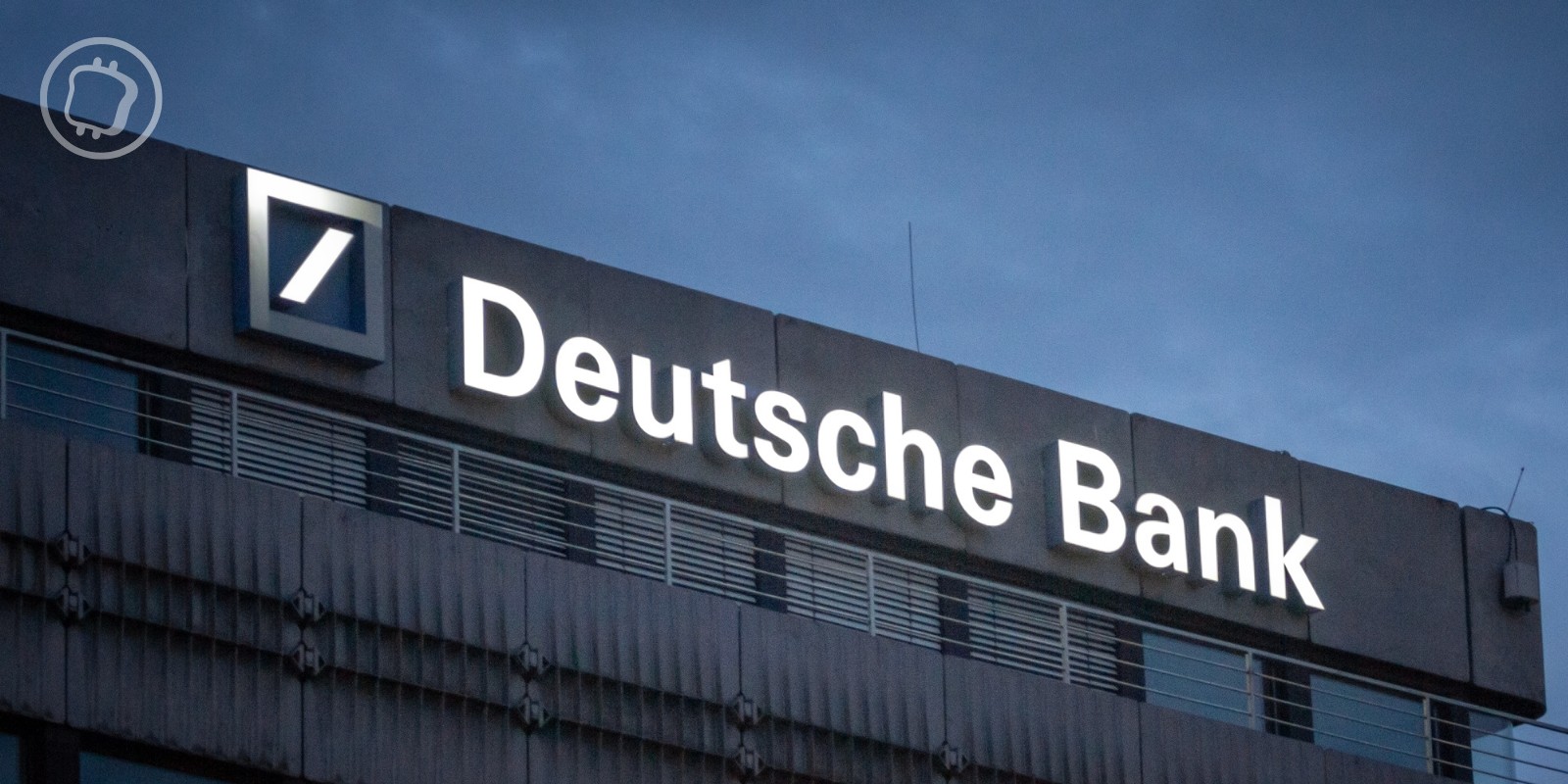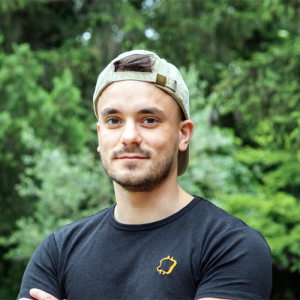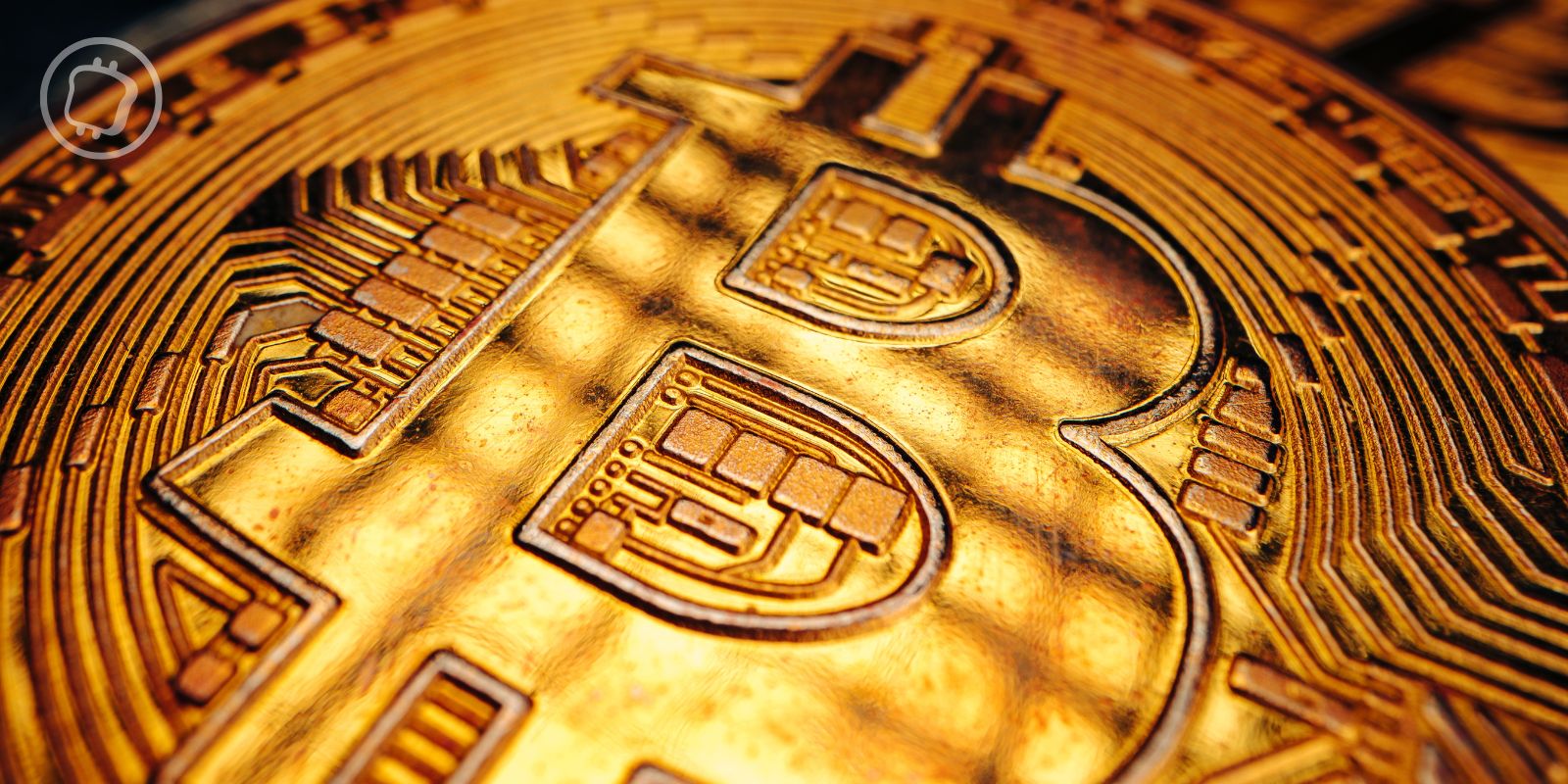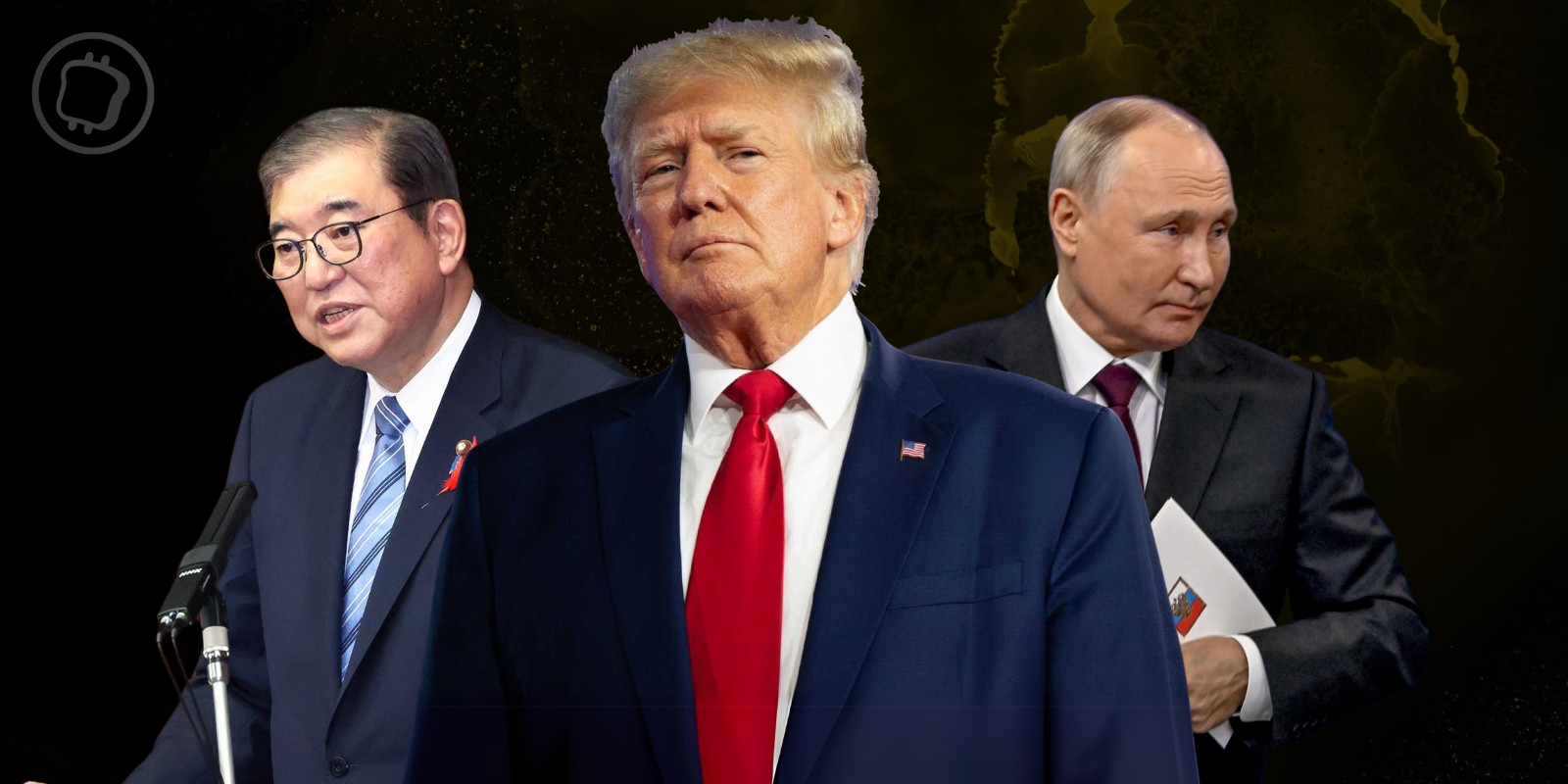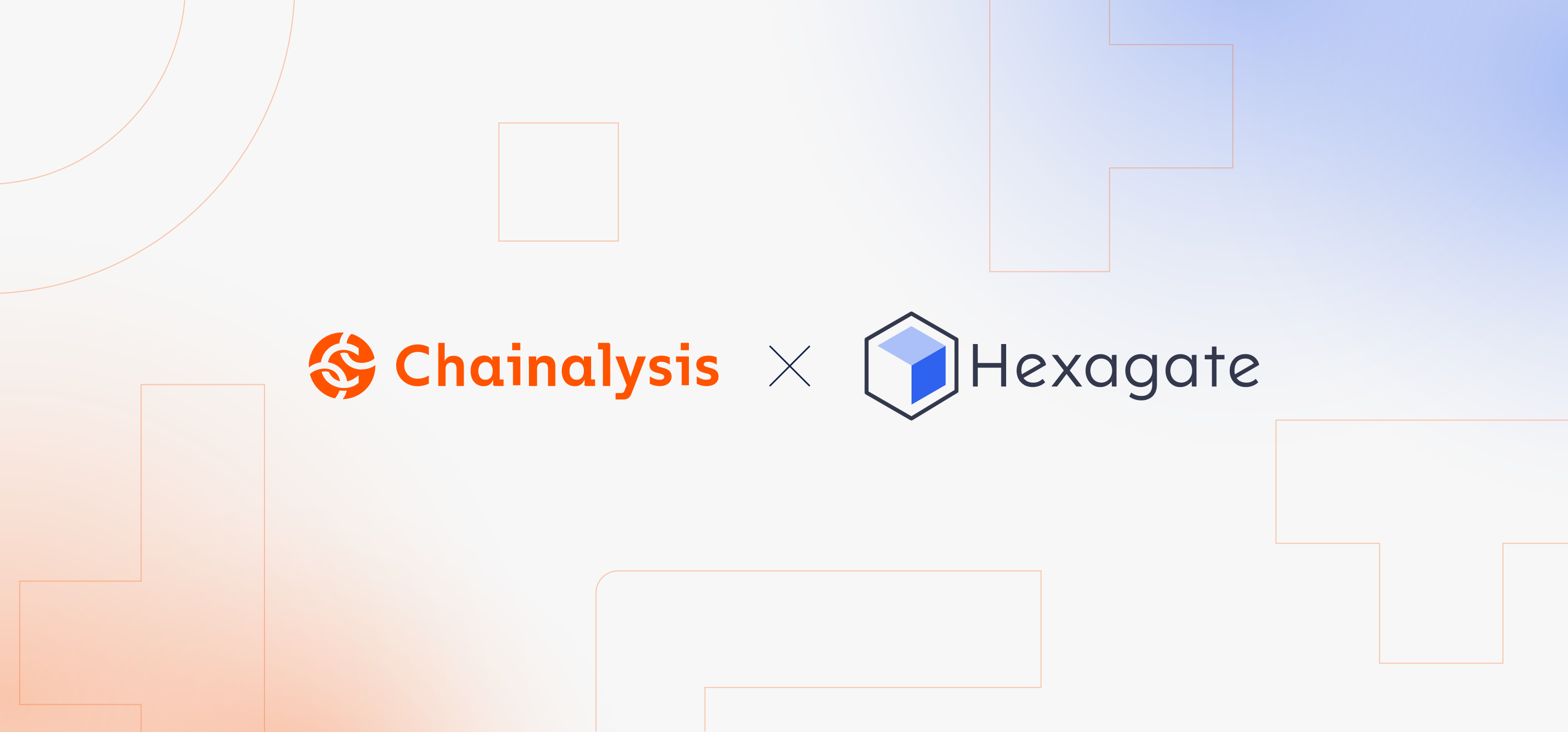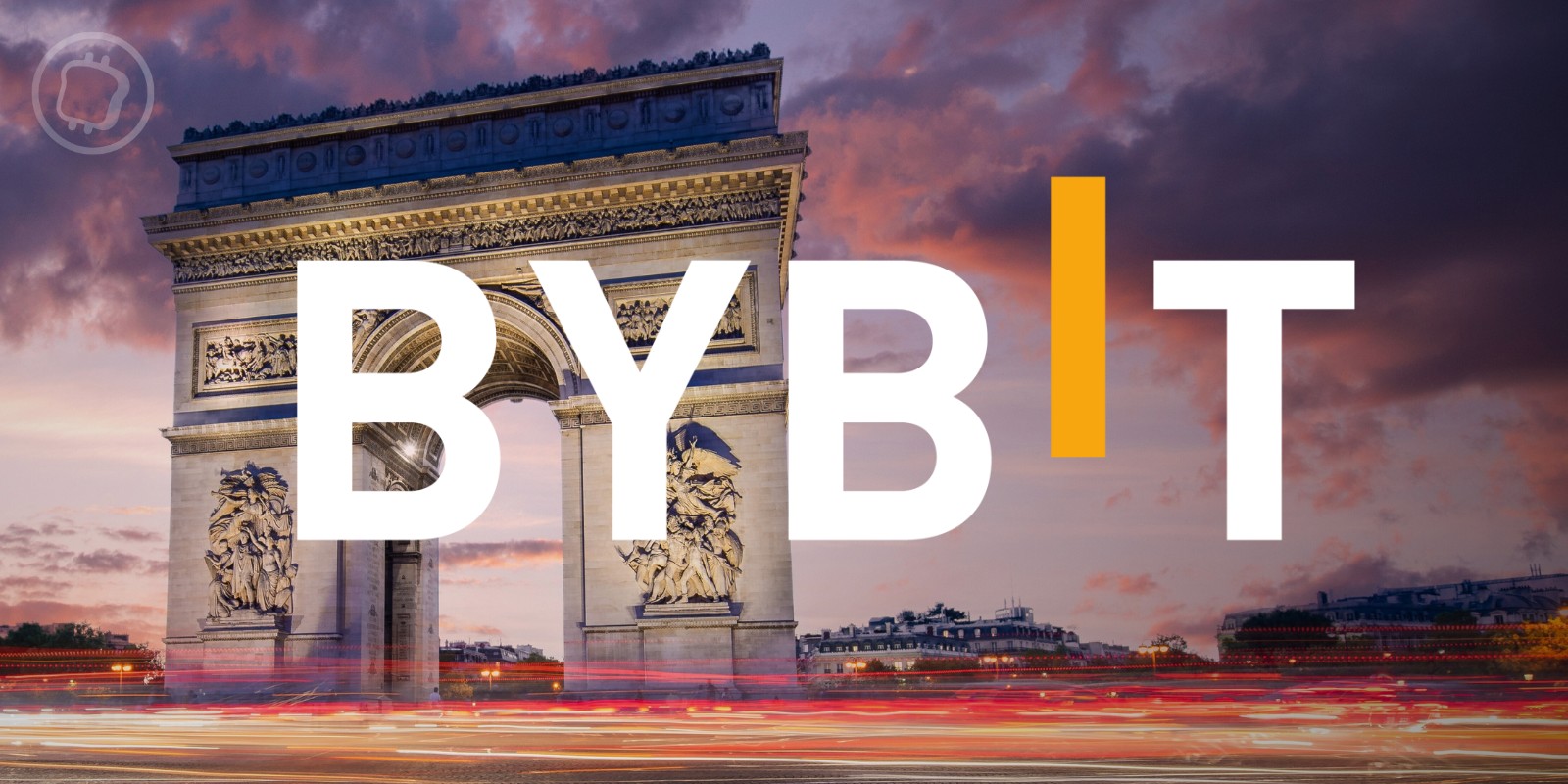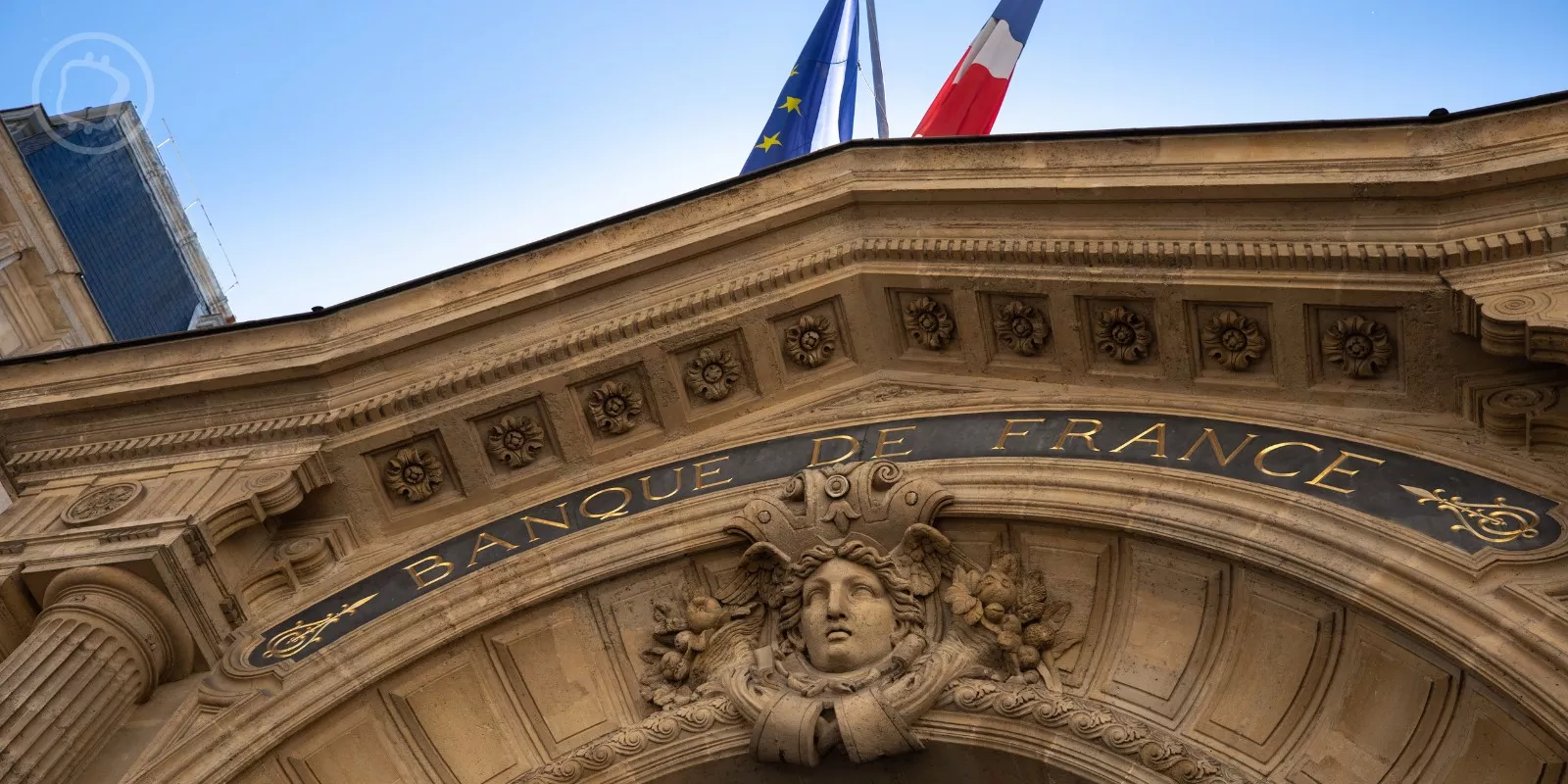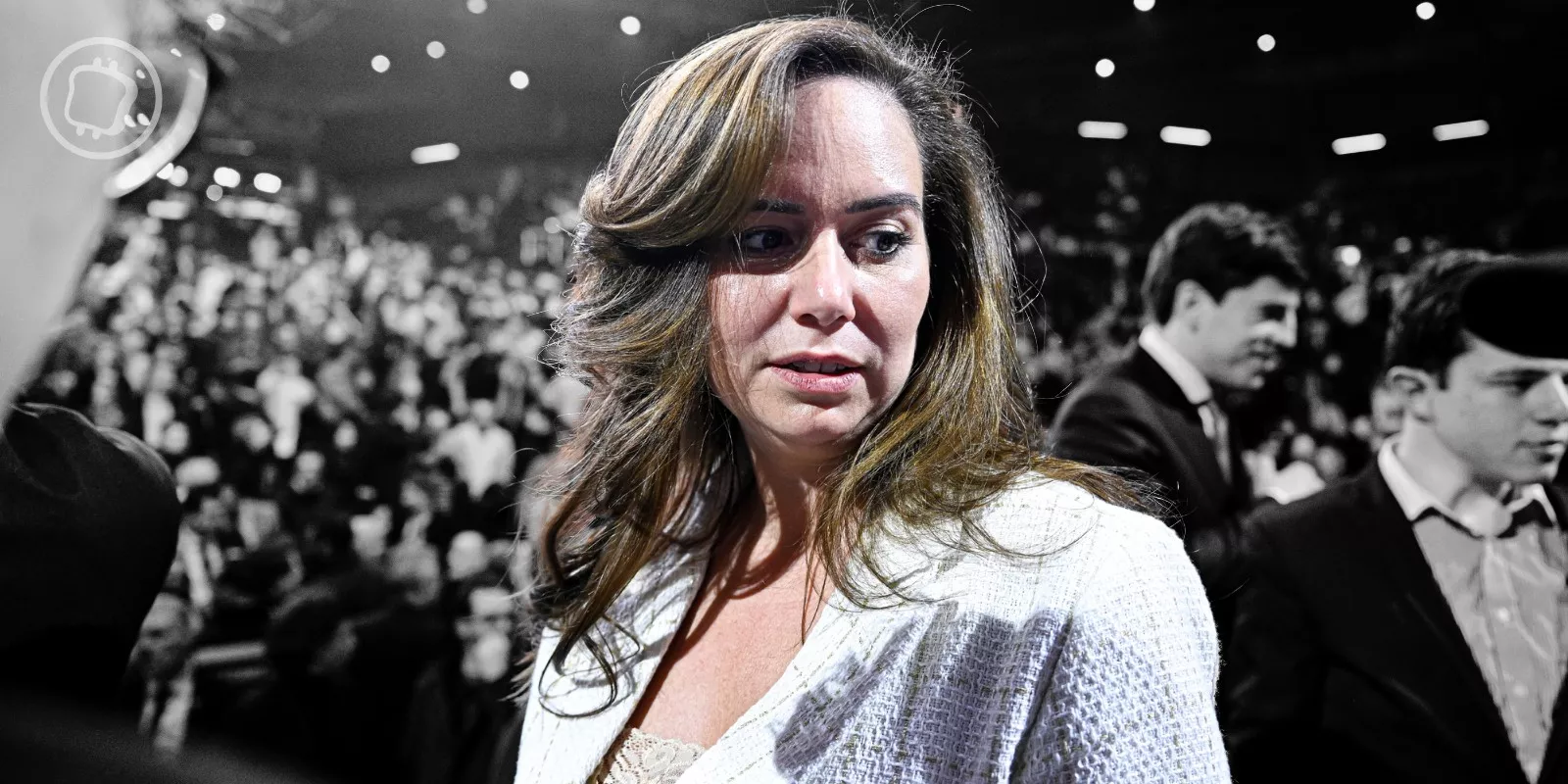Deutsche Bank, Germany's largest bank, is investing in the development of a layer 2 based on Ethereum, according to information from Bloomberg. This project, based on ZKsync technology, aims to meet the specific needs of financial institutions in terms of regulation and security, and confirms institutional interest in blockchain and tokenization.
An Ethereum layer 2 for Deutsche Bank
According to information from Bloomberg, Deutsche Bank, the largest bank in Germany, would participate in the development of layer 2 of Ethereum based on ZKsync technology.
Boon-Hiong Chan, head of industry innovation for Asia-Pacific at Deutsche Bank, told Bloomberg that a layer 2 was a better choice than a layer 1 such as Ethereum from a regulatory point of view.
According to him, having its layer 2 would allow the bank to know the identity of the validators, but above all to avoid a hard fork or to allow sanctioned entities to receive income from transaction fees. Prerequisites far from the ideals of decentralization, but necessary for the institutionalization of blockchain technology.
This institutionalized blockchain initiative fits directly into Project Dama 2revealed by the German bank last month and which itself is part of the Project Guardian of the Monetary Authority of Singapore (MAS). This is “ a collaborative initiative between policy makers and the financial sector aimed at improving the liquidity and efficiency of financial markets through asset tokenization, » can we read on the dedicated site.
🥇 Discover our selection of the best platforms to buy crypto
Building on the ZKsync stack, Dama 2 is the result of the technical expertise offered by Memento Blockchain, Interop Labs and Axelarresponsible for providing maximum interoperability to the network. Currently in testnet, the layer 2 we are talking about is supported by Matter Labs, the parent company of ZKsync.
In other words, Deutsche Bank does not develop its own layer 2but plays an active role in the customization of a layer 2 built on the ZKsync stack and built in partnership with these players.
Project Guardian, for its part, is a large-scale initiative, which brings together many leading players, including the Bank of France, the British FCA, the International Monetary Fund (IMF), the World Bank, or banks and private companies such as HSBC, Apollo, ADDX, Franklin Templeton, Euroclear, Fidelity, Moody's and even UBS Group.
Trade Republic: Buy Cryptos and Stocks in 5 Minutes
Blockchain now essential for institutional investors?
What could be more efficient, transparent and interoperable than blockchain technology? Probably not much, but the latter is still young among institutions – most blockchains of this type are in the pilot phase, the regulatory bridge between traditional finance and decentralized systems must still be built.
“ Public blockchains offer unparalleled scalability and interoperability, but compliance must remain paramount, » declared Boon-Hiong Chan on this subject.
Last May, Anand Rengarajan, head of securities services for Asia-Pacific and the Middle East at Deutsche Bank, said that blockchain and smart contracts “ can reduce costs, speed up transactions and minimize risks, » and therefore, ultimately, facilitate the development of financial services.
Accelerate the processes inherent to financial exchanges that we already know, yes, but that's not all. According to the latest information relating to layer 2 on which Deutsche Bank wishes to rely, the latter should offer:
- An immutable digital identity system based on souldbound tokens, in particular to facilitate KYC;
- A paymaster functionality;
- A tailor-made block explorer;
- The creation and issuance of tokenized funds via Domani;
- Modular smart contracts;
- And interoperability (around 70 EVM and non-EVM blockchains).
⛓️ On the same subject – Crypto.com joins forces with Deutsche Bank to conquer markets in the Asia-Pacific region
In any case, based on the participants in Project Guardian, there is no doubt that blockchain technology is taken seriously, as is the tokenization process. A market that could be worth $5,000 billion by 2030, according to Citigroup.
Layer 2 operated by Deutsche Bank should see the light of day before the end of 2025, subject to approval from regulators.
🗞️ Pre-order our newspaper n°5 with exclusive content, including Cryptoast21
Source: Bloomberg
The #1 Crypto Newsletter 🍞
Receive a summary of crypto news every day by email 👌
Some links in this article may be affiliated. This means that if you buy a product or register on a site from this article, our partner pays us a commission.
Investments in cryptocurrencies are risky. There is no guaranteed high return, a product with high return potential involves high risk. This risk-taking must be in line with your project, your investment horizon and your capacity to lose part of this savings. Do not invest if you are not prepared to lose all or part of your capital

